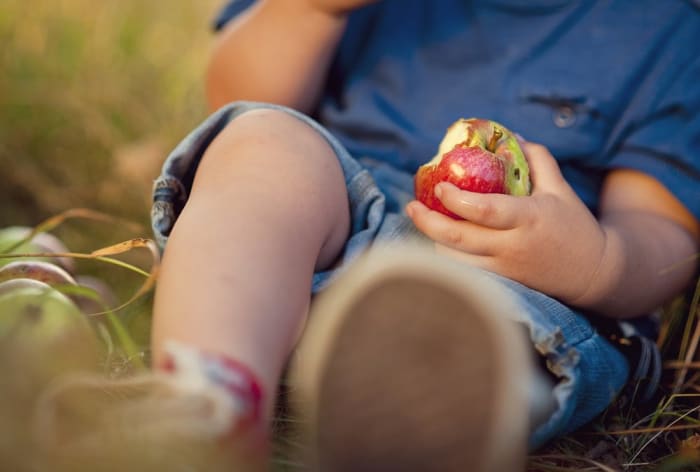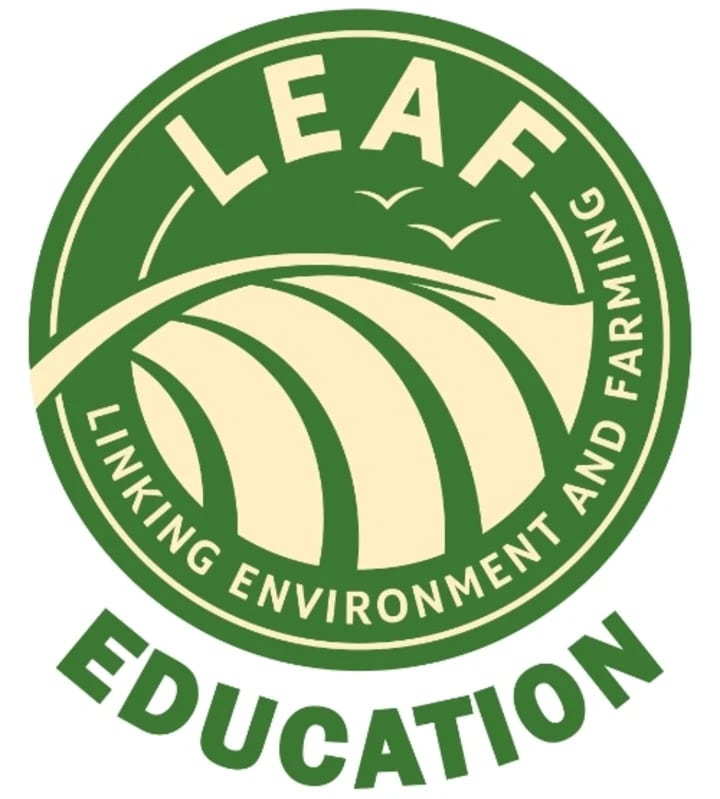Teachers and policymakers are constantly bombarded with messages from every corner of society about what children should learn and experience. Dan Corlett gives four good reasons why food, farming and the natural environment should matter to schools.
I’m becoming boring, I know, but I keep asking this question of colleagues, collaborators and myself on a very regular basis.
Why should children learn about food, farming and the natural environment?
Lovely as these things are, why are they as important as (or even more important than), say, performing arts or financial literacy, sciences, sports, craft skills, diversity and equality, or anything else that the many voices outside education are trying to thrust upon teachers? I should confess on behalf of the farming industry, that we’ve not always been good at explaining why. Rather, we have sometimes attempted to keep telling the world that it is important, and when nobody understood, just tried shouting louder like the stereotypical Brit on holiday abroad. So here are some whys which, even if they don’t yet convince you, may encourage you to look more closely at the issues.
It matters for children now - because there is much enjoyment to be gained from the natural world and having a healthy relationship with food. Not only wellbeing, but also improved attainment is linked to learning outdoors and a good diet.
It matters for children’s futures - because their future health depends on choices now, and their future careers are informed by their experiences of today.
It matters for everyone now - because children are remarkably influential. Their care for the environment and about the lifestyles of their families, and their appreciation of the people who produce their food, contributes to how we all see the world we live in.
It matters for everyone’s future - In 2009 the Government’s Chief Scientific Adviser Sir John Beddington gave his now famous ‘Perfect Storm’ speech in which he said:
“It is predicted that by 2030 the world will need to produce around 50 per cent more food and energy, together with 30 per cent more fresh water, whilst mitigating and adapting to climate change. This threatens to create a ‘perfect storm’ of global events…There's not going to be a complete collapse, but things will start getting really worrying if we don't tackle these problems.”
Children will become the adults who inherit this scenario, and many currently in education will be peaking in their careers in 2050, the year in which it is estimated the global population will top 9bn. Tackling the problems will require the pulling together of food producers, scientists, financiers, policymakers, businesspeople, voters and consumers. All of today’s children will have to play their part.















